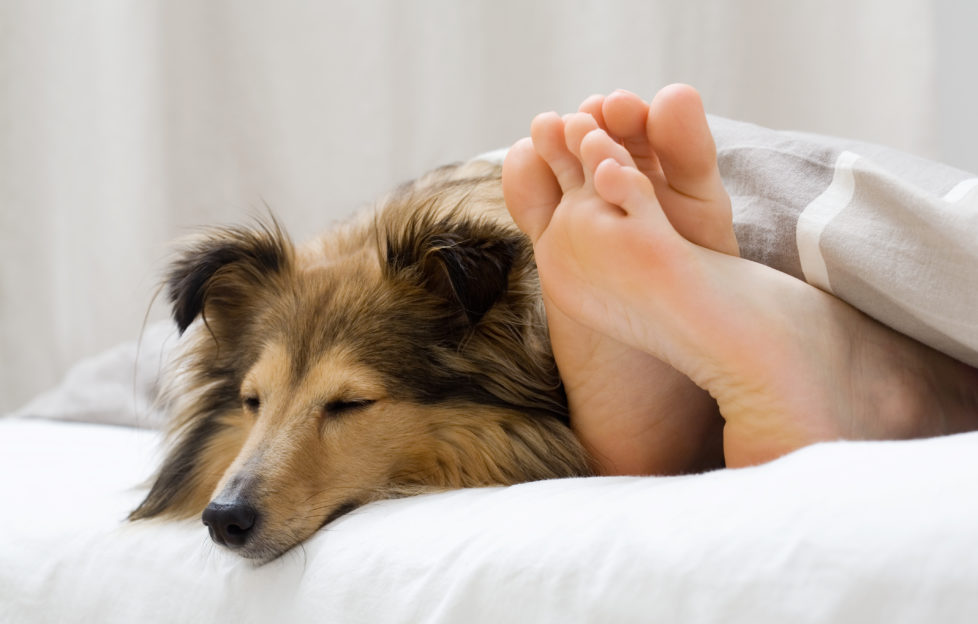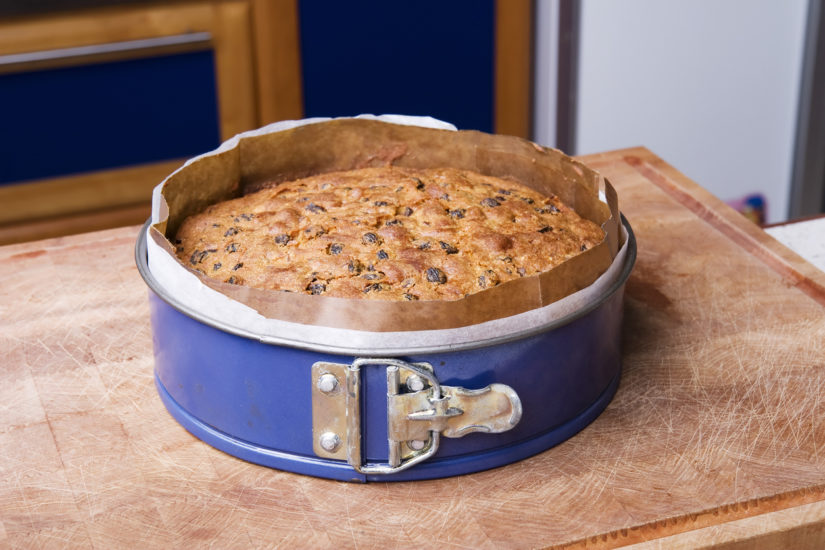
The great British tradition of discussing the weather may actually be usurped by something which everyone seems to be talking about these days: sleep – or lack of, to be more precise!
I know it’s a daily topic in our house. And my other half, who works nightshifts, was a bit concerned he wasn’t getting enough sleep, so bought a gadget to monitor it.
While these devices may prove very useful for some people — helping them stay on track with regular bedtimes for instance — it had a rather detrimental effect on him.
He became more aware of just how little sleep he was actually getting, and it became poorer as a result. Talk about a nightmare!
The best advice for sleep problems is often the simplest. And there doesn’t have to be a gadget in sight.
Below are some excellent tips from one of our health experts, and as it’s Sleep Awareness Week from March 8-14, there’s no better time to try them out.
Cut the caffeine
The stimulating effect of caffeine can last for hours, so have your last coffee of the day with lunch and cut back on tea or switch to decaffeinated or Redbush tea in the afternoons to ensure you fall asleep swiftly at night.
Ban your pet
Dogs and cats have different sleep rhythms to ours and their nightly fidgeting will disturb your sleep.
Entice them out of the bedroom with a cosy designated pet-nest elsewhere, give plenty of rewards, and keep the bedroom door closed to stop them sneaking back in.
Cool idea
An electric fan doubles up as an instant cooler if you become too hot, providing an instant blast of cool air. The constant hum also provides a great source of “white noise” which can help lull you into deeper sleep.
Don’t clock watch
If you wake in the night, clock watching can boost stress levels making falling back to sleep more elusive.
Hide the clock and put your mobile phone face down on your bedside table.
Wear an eye mask
Keep lights low in the evening. Ban computers and TVs from the bedroom, invest in blackout blinds or thick curtains and wear a soft airline eye mask to cut out all light and so reassure your busy brain that night-time really is time to sleep.
Consider ear plugs, as well, if you find them comfortable.
Double your duvets
Sharing a bed can be tricky if you can’t agree on the tog count. It may be worth investing in two separate duvets rather than struggling to share one!
Strategic napping
Erratic daytime naps — much like eating between meals — can ruin the depth and quality of your night-time sleep.
So restrict yourself to 30 minutes only and never after 4 p.m. Resist the temptation to lie down on the sofa in the evenings to avoid the risk of snoozing.
For more health advice from “The People’s Friend”, click here.




